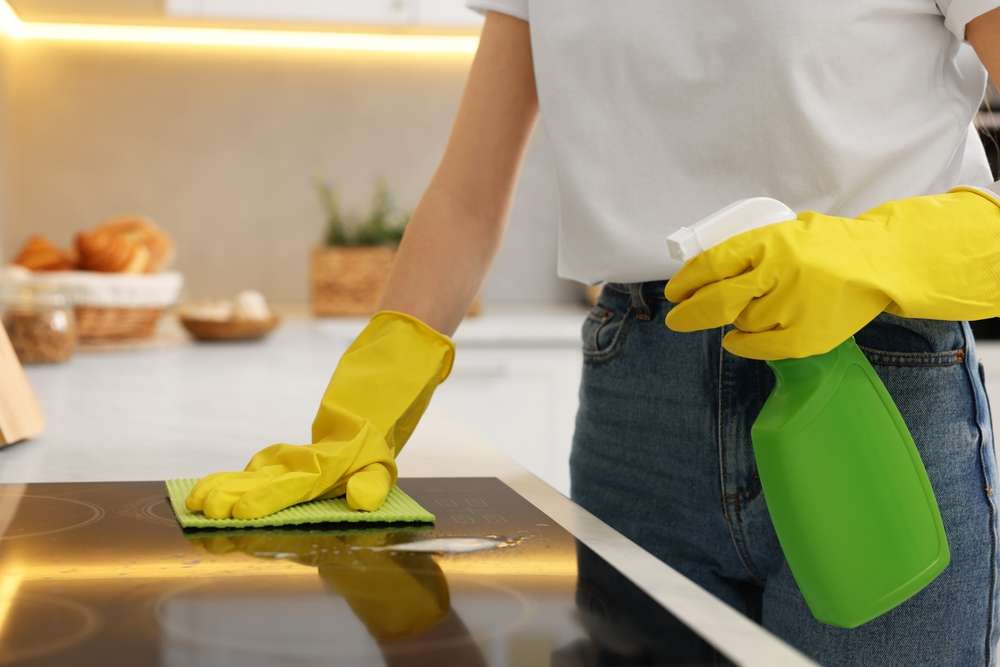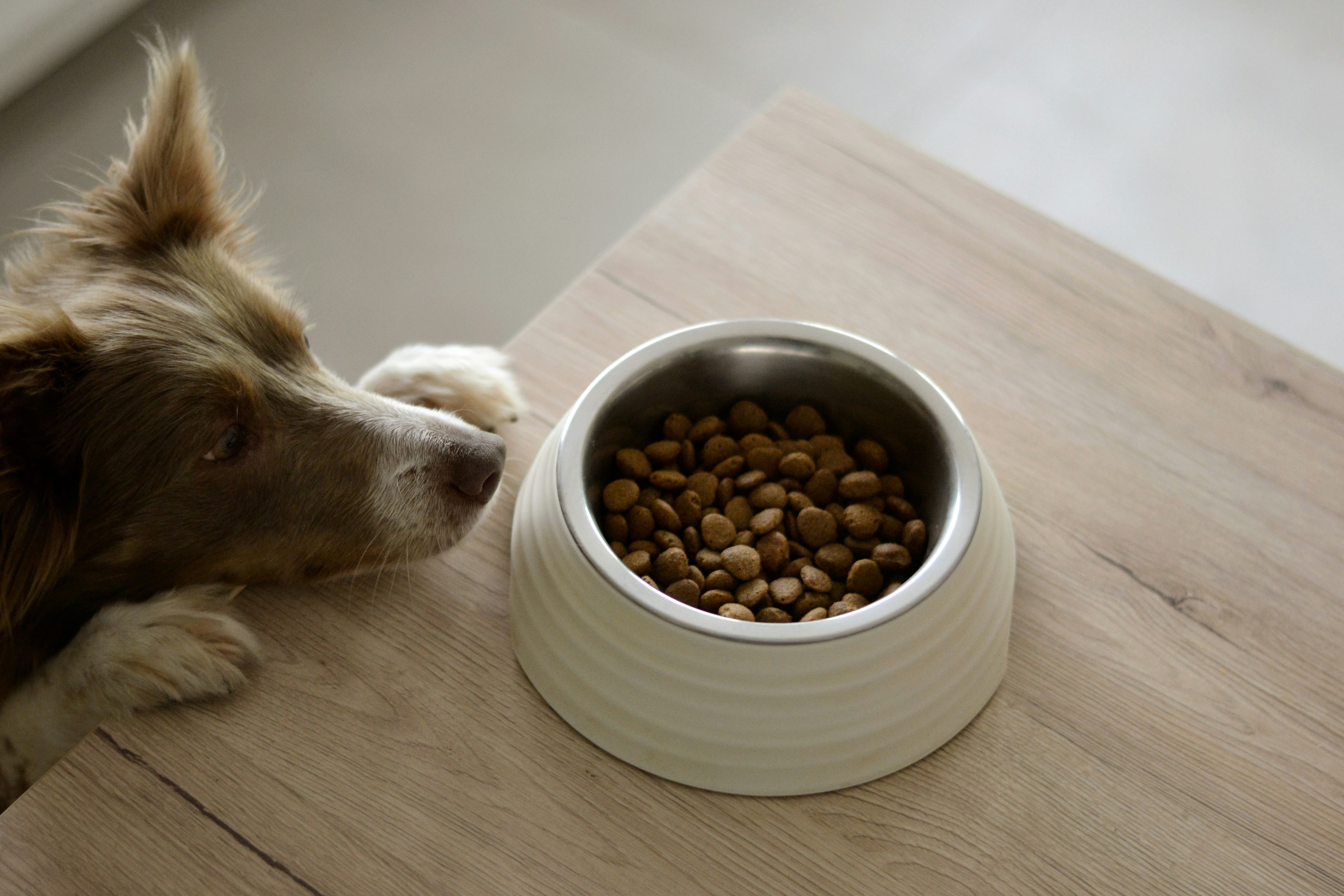Cut Through Stubborn Kitchen Grease with Powerful, Effective Grease Removers
Cut through stubborn kitchen grease with powerful, effective grease removers. Whether for stovetops, ovens, or exhaust fans, these products help maintain a clean and safe cooking environment by dissolving tough oil and grime in seconds. Read to see what kind of grease remover best suits your needs.

What Makes an Effective Grease Remover Spray?
Not all degreaser sprays are created equal. The most effective grease removers contain surfactants that break surface tension, allowing the cleaning solution to penetrate greasy films. Quality degreasers often include alkaline ingredients that saponify fats (essentially turning them into soap), making them water-soluble and easier to wipe away. Solvents like glycol ethers are another common component that helps dissolve oil-based residues. The best grease remover sprays combine these elements in formulations that act quickly without requiring excessive scrubbing or multiple applications.
Advanced degreasers may also incorporate enzymes that break down protein-based food residues along with the grease. This makes them particularly effective in kitchen environments where food splatter is common. When selecting a grease remover, look for products specifically formulated for kitchen use, as these balance cleaning power with food-safe ingredients appropriate for surfaces that come in contact with food.
The Science Behind Removing Grease Effectively
Removing grease involves more than just applying a product and wiping it away. Grease is hydrophobic, meaning it repels water, which is why water alone is ineffective at cleaning greasy messes. Grease remover sprays work through a chemical process that breaks grease molecules into smaller components that can be suspended in water and wiped away.
The alkaline components in most degreasers raise the pH level, which helps break down fatty acids in grease. Meanwhile, surfactants in the formula reduce water’s surface tension, allowing the solution to spread evenly and penetrate the grease layer. When using a grease remover spray, allowing sufficient dwell time is crucial—this gives the active ingredients time to work before wiping or rinsing. For particularly stubborn grease deposits, such as those found in ovens or on stovetop grates, allowing the product to sit for the manufacturer’s recommended time maximizes effectiveness.
Types of Grease Remover Sprays for Different Applications
Kitchen environments present diverse cleaning challenges, and manufacturers have developed specialized grease remover formulas to address specific needs. Heavy-duty degreasers designed for commercial kitchens contain stronger solvents and higher alkalinity levels to tackle built-up grease in professional settings. These products are particularly effective for exhaust hoods, ovens, and fryers where grease accumulation is severe.
For daily countertop and stovetop cleaning, lighter formulations that combine grease-cutting power with general cleaning abilities work best. These products typically contain milder surfactants and may include disinfecting properties to address food safety concerns. For stainless steel appliances, specialized grease removers include ingredients that clean without streaking or damaging the finish.
Eco-friendly grease removers represent another category, using plant-derived surfactants and enzymes rather than petroleum-based ingredients. These products have improved significantly in recent years, with many offering cleaning power comparable to traditional formulas while being biodegradable and less toxic.
Best Practices for Using Grease Remover Spray Safely
While grease remover sprays are powerful cleaning tools, they must be used properly to ensure safety and effectiveness. Always read manufacturer instructions before using any degreaser product. Many heavy-duty grease removers contain strong chemicals that require ventilation during use. Opening windows or running exhaust fans prevents the buildup of fumes that could cause respiratory irritation.
Wearing protective gloves is advisable when using most grease removers, as the alkaline ingredients can be harsh on skin. For concentrated products, eye protection may also be recommended, particularly when cleaning overhead surfaces where splashing might occur. Never mix grease removers with other cleaning products, especially those containing ammonia or bleach, as dangerous chemical reactions can occur.
For food-contact surfaces, ensure the grease remover is thoroughly rinsed after cleaning. Many kitchen-specific products are formulated to be food-safe after proper rinsing, but this step should never be skipped. When cleaning electrical appliances, always ensure they are unplugged and follow manufacturer guidelines regarding acceptable cleaning products.
Top Grease Remover Products and Their Cost Comparison
The market offers numerous grease removal solutions across various price points and formulations. Understanding the cost-benefit relationship helps consumers make informed decisions based on their specific cleaning needs.
| Product | Type | Features | Average Cost |
|---|---|---|---|
| Krud Kutter Original | Concentrated Spray | Biodegradable, multi-surface safe | $8-12 per 32oz |
| Simple Green Industrial Degreaser | Multi-purpose | Concentrated formula, environmentally friendly | $10-15 per 32oz |
| Goo Gone Kitchen Degreaser | Foam Spray | Citrus-based, safe for food-prep areas | $5-8 per 14oz |
| Easy-Off Professional | Heavy-duty | Oven-specific, handles baked-on grease | $6-9 per 24oz |
| Weiman Stainless Steel Cleaner & Degreaser | Specialized | Protects finish while removing grease | $7-10 per 22oz |
| Dawn Powerwash | Dish Spray | Works on surfaces and cookware, no rinsing for some applications | $5-7 per 16oz |
Prices, rates, or cost estimates mentioned in this article are based on the latest available information but may change over time. Independent research is advised before making financial decisions.
For regular kitchen maintenance, moderately priced options like Goo Gone or Dawn Powerwash provide excellent value for daily cleaning. For commercial settings or extremely stubborn grease problems, investing in higher-end concentrated formulas like Simple Green Industrial or specialized products like Easy-Off Professional may be more cost-effective in the long run, as they require less product per application and fewer repeated treatments.
Maintaining a Grease-Free Kitchen Beyond Spray Cleaners
While grease remover sprays are essential tools for tackling existing grease problems, preventing buildup in the first place makes kitchen maintenance significantly easier. Regular cleaning after cooking, before grease has a chance to harden, is the most effective prevention strategy. Using splatter guards when frying foods and ensuring range hoods are operating effectively during cooking minimizes grease distribution throughout the kitchen.
For surfaces that frequently accumulate grease, such as backsplashes and areas around stovetops, applying a light coating of mineral oil creates a barrier that makes future cleaning easier. Regular maintenance cleaning with mild grease removers prevents the need for aggressive degreasing sessions with stronger chemicals.
Implementing a cleaning schedule that includes weekly attention to areas prone to grease accumulation—like cabinet doors near cooking areas, range hood filters, and stovetop drip pans—prevents the formation of stubborn, hardened grease that becomes progressively more difficult to remove over time.
By combining effective grease remover sprays with preventative maintenance practices, homeowners can maintain clean, safe kitchen environments without dedicating excessive time to fighting stubborn grease deposits.




